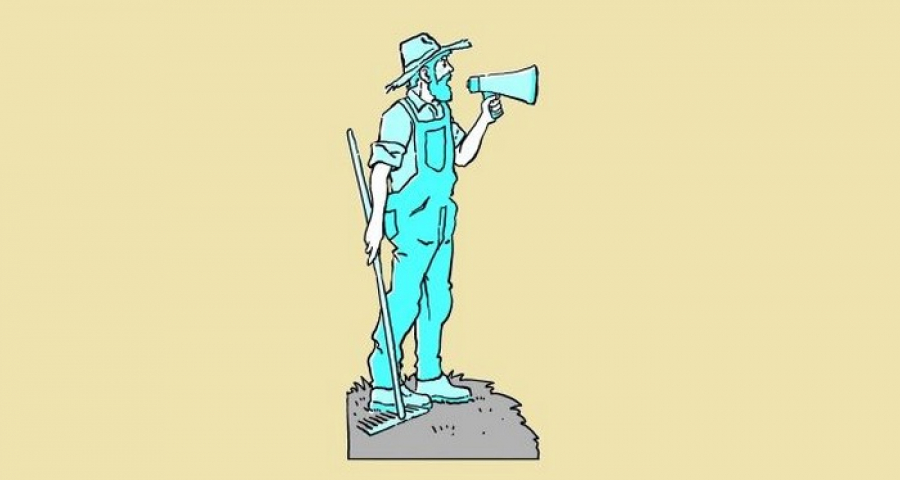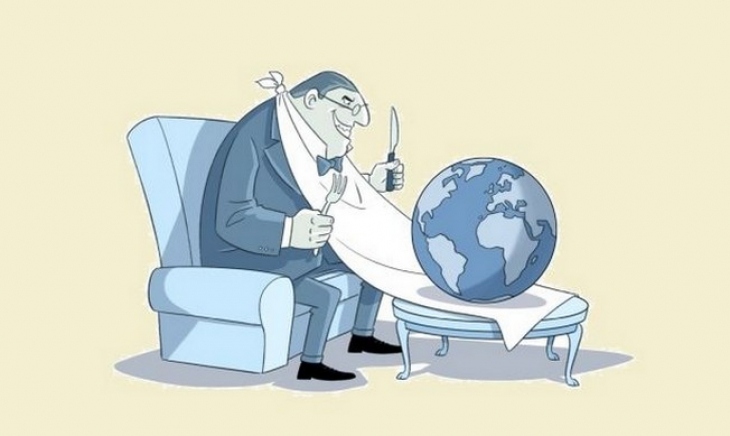We, together, must find a new relationship with the land. We have been using it to extract our resources, without realising that it needed reciprocity from us. Let us listen to the cry of the farmers, and let us all change our lifestyles rapidly.
by Luigino Bruni
published in Messaggero di Sant'Antonio on 06/03/2024
Farmers’ protests with their tractors can tell us many things, not all of which are always emphasised in the public debate. We have underestimated the conflictual dimension of the ecological transition. Also, the many damages we have done towards the planet and the earth over the last century do not disappear by themselves. They require a lot of work, commitment, cost and they sometimes generate new conflicts. New ‘class struggles’ are emerging that are different from those of yesterday, no less important and worrying. Land has always been underrated by economics and politics. Ever since modern economics began to think of itself as a science around the 17th and 18th centuries, it has never thought that the plant world or the biological world could offer it tools and categories to think about economic interactions. Then, at the end of the nineteenth century, the earth went completely off the scene, generating an eclipse of the earth in economic science that lasted until a few years ago, when the explosion of the global environmental crisis brought it to a traumatic end. Thus we have created an economic theory and practice that are incapable of seeing the earth and its needs, and we have deteriorated it.
Therefore, the general distraction of economics and politics towards the earth has ancient and deep roots. The Catholic Church, on the other hand, showed great concern for the land and farmers in past centuries. Benedict XIII, Vincenzo Maria Orsini (1649-1730), from Gravina di Puglia, was called ‘God's farmer’ because of his tireless work in promoting the so-called ‘monti frumentari’, that were actual grain banks where the “currency” was wheat: loans were taken and later returned in wheat. In 1861, in southern Italy and the Islands alone, there were more than a thousand ‘monti frumentari’ (over three hundred of them in Sardinia), founded first by the Capuchin friars and then by many bishops. It was a true civil and economic heritage that, however, was also dispersed by the wrong choices of the new unitary government. In those difficult centuries of the Counter-Reformation, the Church was able to understand where the real needs of the country people lay, and it did some innovative works.
It is striking that in our age, this recent conflict of the farmers has emerged between the needs of a wounded land and those who live off the fruits of the same land. The land has been deteriorated and impoverished by our predatory relationship with it. This impoverishment has made life harder for peasants and farmers who had only contributed a small part to the damage, which was mainly caused by industry and mass consumption. But today it is precisely the farmers who cultivate this ruined land who are called upon to change their production techniques (at their own expense) so as not to continue impoverishing the already exhausted land. And here is a paradoxical conflict between yesterday's victims and tomorrow's potential perpetrators, the custodians of the earth who feel they are being treated like its murderers. And they won't take it. And we understand them. We, all of us together, must find a new relationship with the earth. We have been using it to extract our resources, without realising that it needed reciprocity from us. We have not been custodians, we have been predators. Let us listen to the cry of the farmers, and let us all change our lifestyles quickly.
Credits foto: © Giuliano Dinon / Archivio MSA













